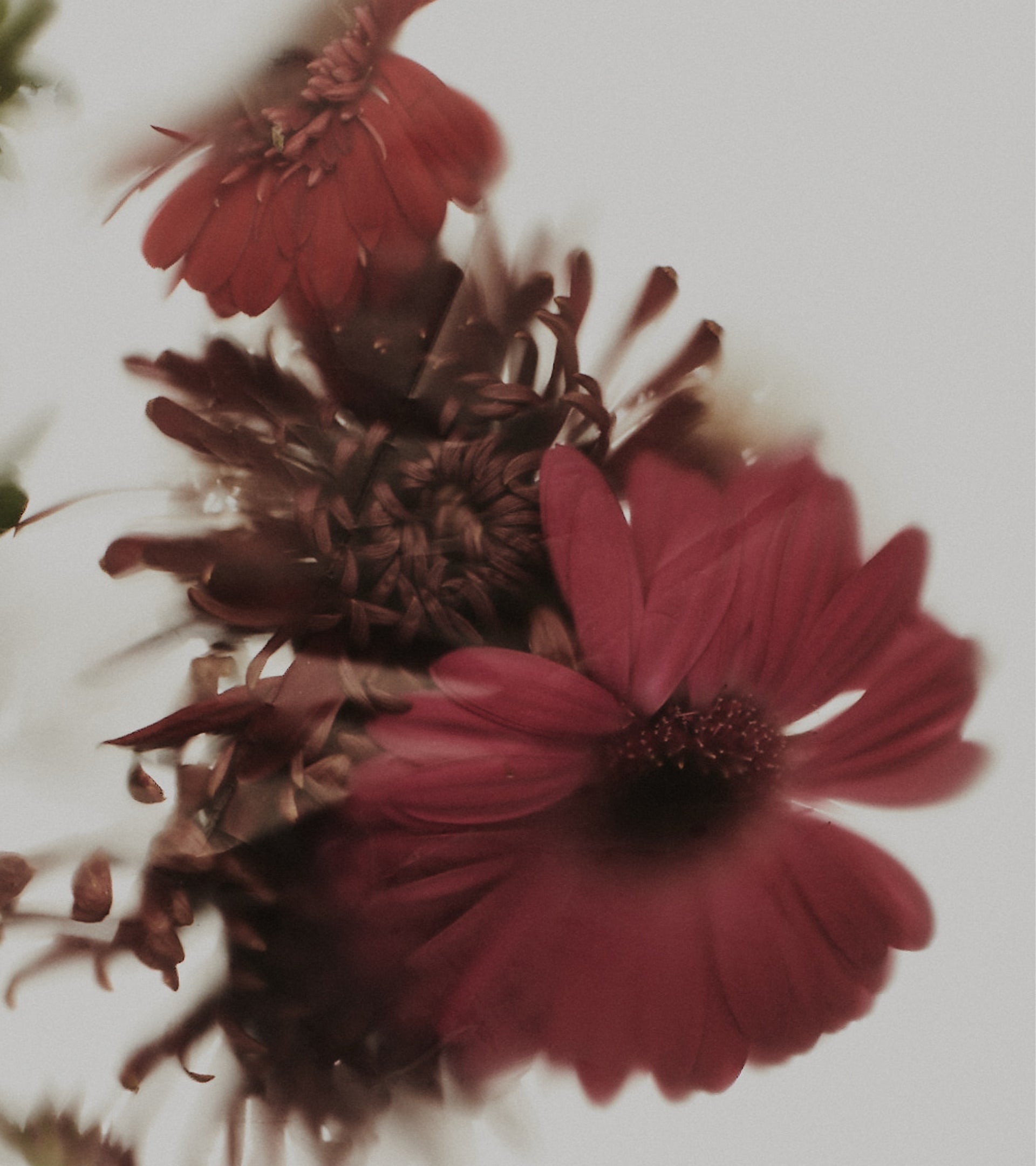We spoke to Nathalie Feisthauer, award-winning nose behind our three scents, to get a better grip on the fragrances she has made for us, her longstanding relationship with niche fragrances and how her journey has lead her to A-chromiq.
Madeleine Holth: Do you have a scent memory that sticks out to you?
Nathalie Feisthauer: It was the first time I smelt Opium, I was 16 and it changed my life. I was not prepared for it to be so beautiful, strong and powerful. I wanted to smell it again and again. It was the start of my vocation. It’s still one of my favourite perfumes even now.
MH: What is something people don’t know about creating scents and working in the industry?
NF: It is that it’s an industry, the perfume is also becoming a commodity that is designed to please most people. It means that we work to develop a mass appeal. Most people will accept the scent but that doesn’t mean people will be crazy in love with it. Be independent and allow me to have more emotions and sincerity again.
MH: How would you best describe ODR-213 Opaque?
NF: For the three perfumes, I wanted to play with unexpected raw materials, their duality and their contrast. For ODR-213 Opaque, I chose the esthetic of cedarwood and its rawness, in association with the unexpected side of juicy green fig.
MH: Do you have a favourite note?
NF: My favourite notes are woods, spices, and knowing how to use a new ingredient in a new way.
MH: Do you have a least favourite scent or note?
NF: My least favourite are the “too commercial” notes like Dihydromyrcenol for example, or “too fruity” notes.
MH: How many sprays would you suggest people using?
NF: As much as you feel comfortable, it depends on you, how you feel... and also depends on the perfume. I like using two pschitts on each side of my neck, and one on my hair.
MH: Can you maybe explain a little bit about ODR-211 Lucent? And how did this come about?
NF: We wanted something luminous and sophisticated, with a certain vivaciousness. I thought of something more original than a lemon or a bergamot, and I chose pomelo with a pungent side, that I contrasted with singular coriander.
